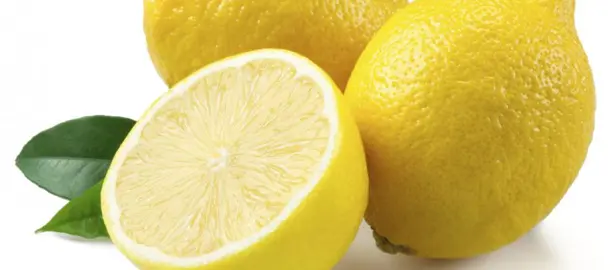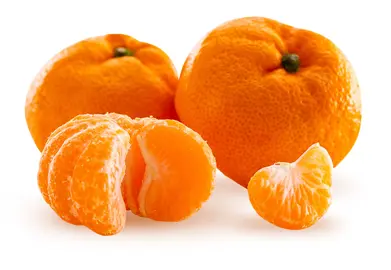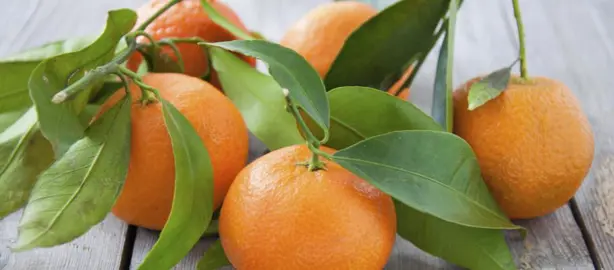Lemon Meyer
Lemon Meyer is a popular variety that produces fruit all year round once established. The fruit are bright yellow, smooth skinned, relatively easy to peel, and have that strong lemon flavour. This heavy cropping, evergreen shrub typically grows to 3 m tall and the same wide but can be trimmed as necessary. The Lemon Meyer is commonly included in a mixed planting or maintained either in a container or in a courtyard garden.










